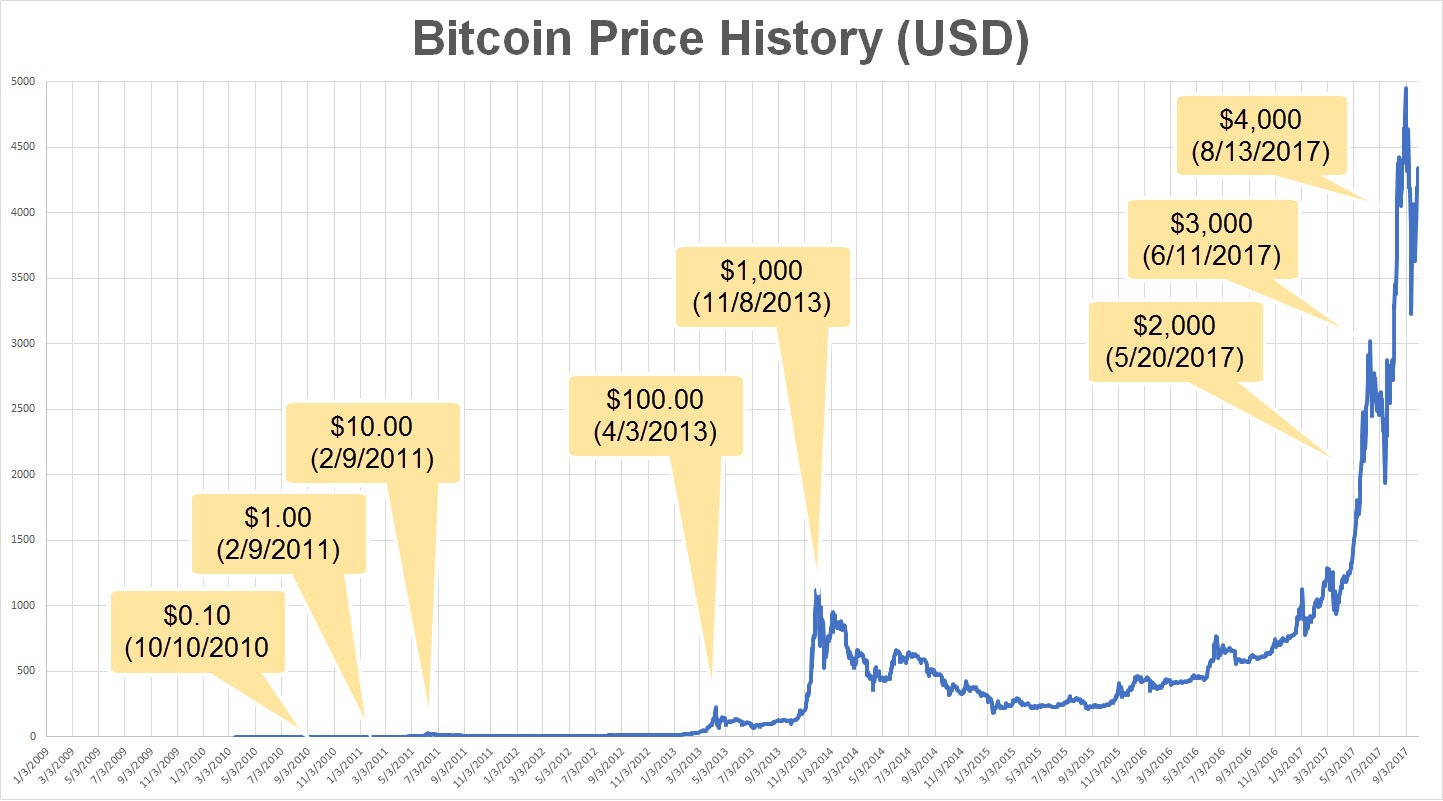One bitcoin to usd – In the ever-evolving realm of finance, the conversion rate between Bitcoin (BTC) and the US dollar (USD) has emerged as a captivating subject. Delving into the intricacies of this dynamic exchange rate, we unravel the historical evolution, market influences, and investment implications that shape its trajectory.
Currency Exchange Rate
Currency exchange rates are the prices of one currency in terms of another. They are used to convert one currency into another when making international payments or transactions.
The USD to BTC exchange rate has fluctuated significantly over time. In the early days of Bitcoin, 1 BTC was worth only a few cents. However, as Bitcoin’s popularity grew, so did its price. In 2017, 1 BTC reached a peak of nearly $20,000.
Factors that Influence the Exchange Rate
Several factors can influence the exchange rate between two currencies. These include:
- Economic conditions:The economic conditions of the countries involved can significantly impact the exchange rate. For example, if the economy of one country is growing faster than the other, its currency will tend to appreciate against the other.
- Interest rates:Interest rates are another important factor that can influence the exchange rate. Higher interest rates make a currency more attractive to investors, which can lead to an appreciation in its value.
- Political stability:Political stability is another factor that can affect the exchange rate. If a country is perceived as being politically unstable, its currency may depreciate against other currencies.
- Supply and demand:The supply and demand for a currency can also affect its exchange rate. If there is more demand for a currency than there is supply, its value will tend to increase. Conversely, if there is more supply of a currency than there is demand, its value will tend to decrease.
Market Analysis: One Bitcoin To Usd

The BTC to USD market has witnessed significant volatility in recent times, driven by a confluence of macroeconomic factors and market sentiment. Let’s delve into the current market trends and identify key indicators shaping the exchange rate.
One prominent trend has been the increasing institutional adoption of Bitcoin, leading to larger inflows of capital into the cryptocurrency market. This has contributed to a surge in demand for BTC, pushing the price upward.
Key Indicators and Patterns
- Technical Analysis:Chart patterns, such as moving averages, support and resistance levels, and Fibonacci retracements, provide valuable insights into potential price movements. For instance, a break above a key resistance level can signal a bullish trend, while a drop below support indicates a potential reversal.
- Market Sentiment:The overall market sentiment plays a significant role in determining the exchange rate. Positive news, such as favorable regulatory developments or partnerships, can boost confidence and drive prices higher. Conversely, negative sentiment, fueled by security breaches or market downturns, can lead to sell-offs and price declines.
Historical Data
Examining historical exchange rates can provide valuable insights into the past performance of Bitcoin relative to the US dollar. By analyzing historical data, we can identify patterns, trends, and potential correlations that can assist in predicting future market movements.
Historical data can help us understand the volatility of Bitcoin’s price, as well as the factors that have influenced its fluctuations in the past. This information can be used to make informed decisions about trading strategies and investment timing.
Historical Exchange Rates
| Date | BTC Price | USD Equivalent |
|---|---|---|
| January 1, 2017 | $997.68 | $997.68 |
| January 1, 2018 | $13,412.44 | $13,412.44 |
| January 1, 2019 | $3,703.53 | $3,703.53 |
| January 1, 2020 | $7,196.25 | $7,196.25 |
| January 1, 2021 | $28,964.04 | $28,964.04 |
| January 1, 2022 | $46,295.52 | $46,295.52 |
| January 1, 2023 | $16,552.21 | $16,552.21 |
This table shows the historical exchange rates of Bitcoin against the US dollar from January 1, 2017, to January 1, 2023. As you can see, the price of Bitcoin has experienced significant fluctuations over time. However, despite these fluctuations, Bitcoin has shown a long-term upward trend, with its price increasing by over 1,600% since January 2017.
Investment Considerations

Investing in Bitcoin (BTC) involves both risks and rewards, similar to any other investment. Understanding these factors is crucial before making investment decisions.
Risks
- Volatility:BTC is known for its high volatility, with significant price fluctuations. This can lead to substantial gains or losses in a short period.
- Regulatory Uncertainty:The regulatory landscape for cryptocurrencies is evolving, and changes in regulations could impact BTC’s value.
- Security Risks:BTC is susceptible to hacking and theft, and investors must take appropriate security measures to protect their assets.
Rewards
- Potential for High Returns:BTC has historically provided high returns compared to traditional investments, although past performance is not indicative of future results.
- Diversification:BTC can add diversification to an investment portfolio, as its price movements are not correlated with traditional assets.
- Scarcity:BTC has a limited supply of 21 million coins, which could potentially drive up its value over time.
Managing Risk and Maximizing Returns
Investors can employ strategies to manage risk and maximize returns in BTC investments:
- Diversification:Allocating investments across different cryptocurrencies and asset classes can reduce risk.
- Dollar-Cost Averaging:Investing fixed amounts at regular intervals can reduce the impact of volatility.
- Cold Storage:Storing BTC in offline wallets enhances security and reduces the risk of hacking.
- Educating Yourself:Staying informed about BTC, market trends, and security measures is essential for sound investment decisions.
Industry Use Cases

Bitcoin has gained traction in various industries, offering benefits such as reduced transaction fees, increased security, and global reach. However, challenges such as price volatility and regulatory uncertainty also exist.
Retail and E-commerce
BTC has found use in online and physical retail, allowing businesses to accept payments from a wider customer base. Benefits include lower transaction fees compared to traditional payment methods and increased security against fraud.
- Overstock.com was one of the first major retailers to accept BTC in 2014.
- Shopify and WooCommerce provide plugins for merchants to integrate BTC payments.
Financial Services, One bitcoin to usd
BTC is being used for cross-border payments, remittances, and alternative investments. Benefits include faster and cheaper transactions, especially for international transfers.
- PayPal and Square allow users to buy, sell, and hold BTC.
- Bitcoin ATMs enable easy access to BTC for cash transactions.
Gaming and Entertainment
BTC has gained popularity in online gaming, virtual worlds, and digital content distribution. Benefits include microtransactions, in-game purchases, and rewards.
- Steam allows users to purchase games and in-game items using BTC.
- Decentraland and The Sandbox are virtual worlds where users can buy and sell digital assets using BTC.
Final Summary
Navigating the complexities of the BTC to USD exchange rate demands a comprehensive understanding of market trends, historical patterns, and industry applications. By embracing a holistic approach, investors and enthusiasts alike can harness the transformative power of cryptocurrency while mitigating potential risks.
Questions and Answers
What factors influence the BTC to USD exchange rate?
The BTC to USD exchange rate is influenced by a multitude of factors, including supply and demand, regulatory changes, market sentiment, and macroeconomic conditions.
How can I track the historical exchange rate data for BTC to USD?
Historical exchange rate data for BTC to USD can be found on various cryptocurrency exchanges and data aggregators.
What are the risks associated with investing in Bitcoin?
Investing in Bitcoin carries inherent risks, such as price volatility, regulatory uncertainty, and security breaches.
